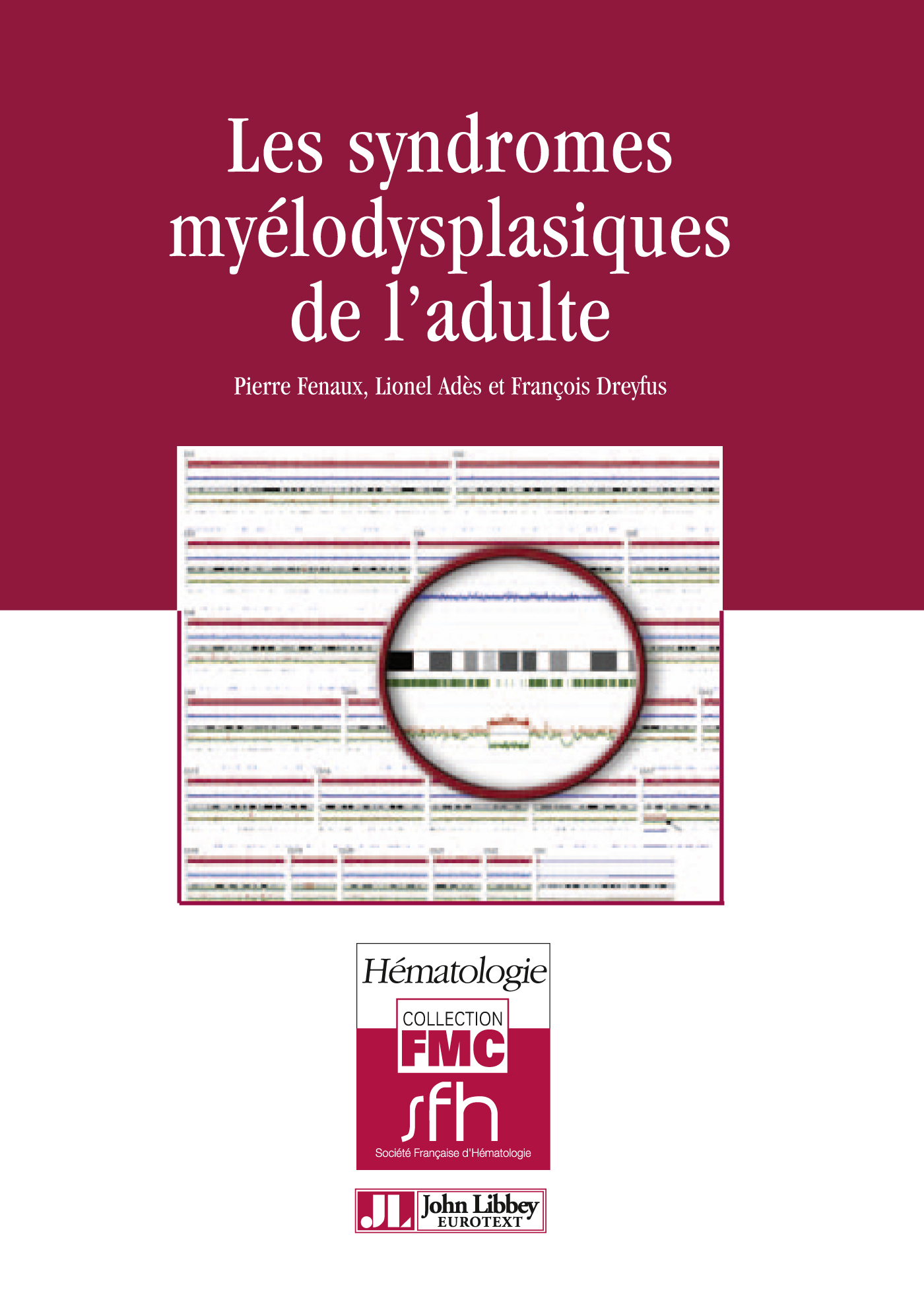Myelodysplastic syndromes are relatively common conditions affecting the elderly and increasing in line with ageing of the population.
While the condition’s aetiology is more often still unknown, experts observe that an increase in some causes and the mechanisms behind the start and progress of these clonal blood cell disorders are now better understood.
The French-speaking myelodysplastic syndrome group has updated non-specialist knowledge on the physiopathology, prognosis and therapeutic approaches to myelodysplastic syndromes by considering the latest WHO classification.
While prognosis remains largely based on the IPSS score, other prognostic factors have started to be considered such as the presence of myelofibrosis, a sub-categorisation of intermediated cytogenetic abnormalities, flow cytometry and the presence of gene mutations.
Innovative methods of genomic analysis have actually helped discover significant genes in the physiopathology of myelodysplastic syndromes and the prognosis.
The authors focus on the different treatments (correction of cytopenia, haematopoietic stem cell transplant, chemotherapy, and hypomethylating agents) and provide their recommendations for clinicians (low-grade or high-grade myelodysplastic syndromes).
Myelodysplastic syndromes in adults
Collection:
Collection FMC de la revue Hématologie
Publisher: JOHN LIBBEY EUROTEXT
Pages: 224
Format: 17 x 24 cm
ISBN : 978-2-7420-0795-0
Printed in:
French
